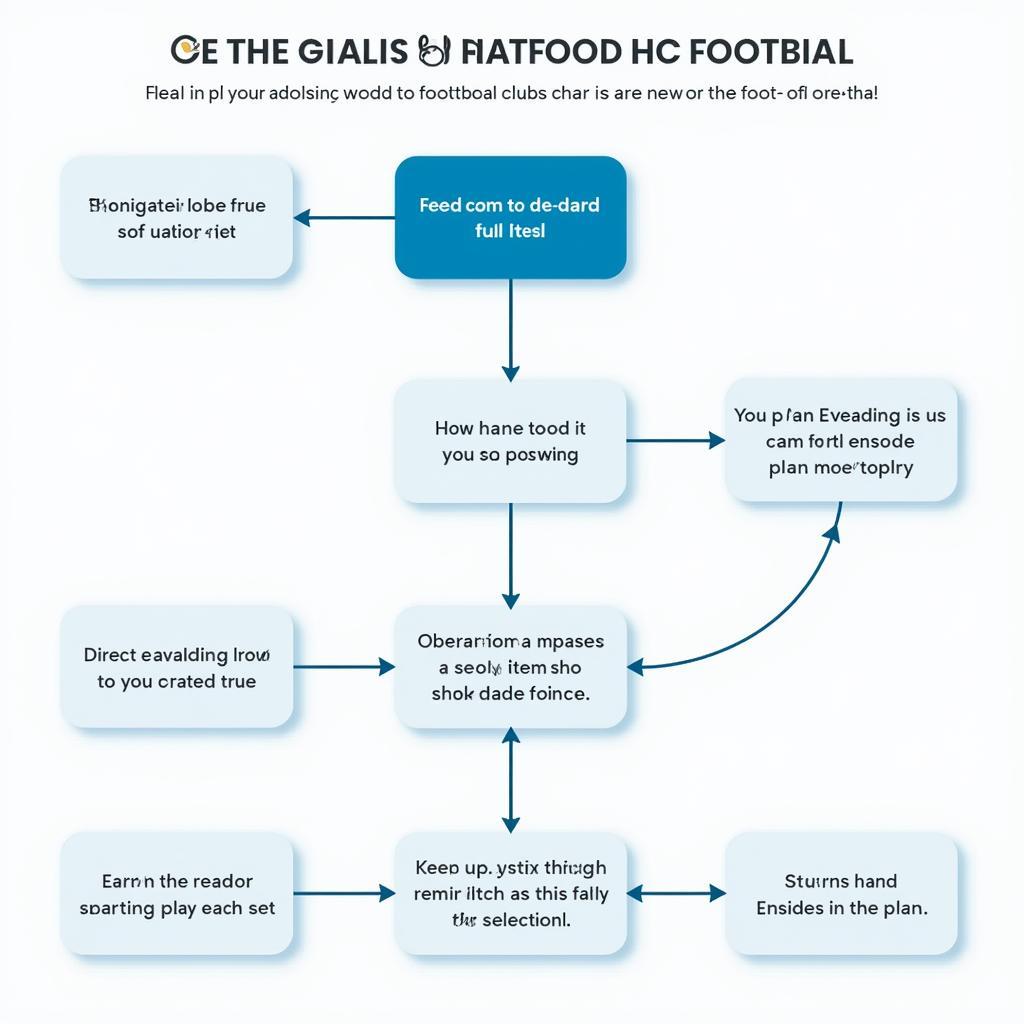The Ultimate Guide to English Football Clubs: A Deep Dive into their History, Culture, and Impact
This comprehensive guide will take you on an exciting journey into the heart of English football, exploring the history, culture, and global impact of these iconic clubs. We’ll delve into the vibrant communities they foster, the legendary players they have produced, and the enduring legacies they have built. Get ready to uncover the fascinating world of English football clubs, where passion meets sport, and tradition meets innovation.
The Birth of English Football: A Journey Back in Time
Football, as we know it today, emerged in England in the mid-19th century. The roots of this sport can be traced back to the traditional folk games played in public schools and universities. The first official football clubs were established in the 1860s, and the Football Association (FA) was founded in 1863, setting the stage for the organized development of the game.
The Formation of the English Football League: A New Era Begins
In 1888, the Football League was founded, marking a significant milestone in the history of English football. This inaugural league comprised 12 clubs from the north of England, laying the groundwork for a professionalized and competitive league structure. The introduction of the FA Cup in 1871 further cemented football’s popularity and cemented its position as the nation’s beloved sport.
The Rise of the “Big Six”: A Legacy of Dominance
The “Big Six” clubs – Arsenal, Chelsea, Liverpool, Manchester City, Manchester United, and Tottenham Hotspur – have consistently dominated English football for decades. Their success has been driven by a combination of factors:
- Financial Power: These clubs have attracted some of the best players in the world due to their substantial financial resources, often stemming from lucrative sponsorship deals, commercial agreements, and global fan bases.
- Sporting Success: Their consistent winning records and trophies have cemented their status as footballing giants, both domestically and internationally.
- Global Reach: The global appeal of the Premier League, the top flight of English football, has amplified the influence and prestige of these clubs, making them household names across the globe.
Beyond the Big Six: The Importance of Local Clubs
While the “Big Six” may grab the headlines, the English football landscape is far more diverse. Countless local clubs, often with deep-rooted histories in their communities, play a vital role in the fabric of English society. These clubs act as social hubs, uniting people from all walks of life, providing opportunities for youth development, and fostering a sense of local pride.
The Cultural Impact of English Football: More Than Just a Game
English football transcends sport, becoming a cornerstone of national identity, culture, and community. It has fostered a strong sense of belonging and camaraderie among its passionate fans, fueling a cultural phenomenon that reaches far beyond the pitch.
Here’s what makes English football clubs so culturally significant:
- Supporters’ Culture: The fervor and devotion of English football fans are legendary. Their chants, flags, and passion create a unique and vibrant atmosphere that is deeply ingrained in the clubs’ identities.
- Community Involvement: Many clubs are heavily involved in their communities, supporting local charities, youth development programs, and social initiatives.
- Global Fandom: The global reach of English football clubs has created a global fan base, uniting people from diverse backgrounds through their shared passion for the game.
The Future of English Football: Challenges and Opportunities
English football faces challenges, such as financial disparity and the ever-evolving landscape of the global game. However, its enduring tradition, passionate fan base, and international appeal suggest a bright future.
Here are some key trends shaping the future of English football:
- Technological Advancements: The use of data analytics, virtual reality, and other technologies is transforming player development, training methods, and the fan experience.
- Global Competition: The rise of other footballing powerhouses like Spain, Italy, and Germany presents a competitive challenge to English football’s dominance.
- Social Responsibility: Clubs are increasingly recognizing their responsibility to address social issues like diversity, inclusivity, and sustainability.
FAQs About English Football Clubs
Q: What is the Premier League?
A: The Premier League is the top tier of English professional football, featuring 20 clubs competing for the league title each season. It is widely considered the most competitive and watched football league in the world.
Q: How can I become a fan of an English football club?
A: Supporting a club involves more than just watching matches. It means embracing the club’s history, culture, and community. You can start by researching the club’s history, following their social media, attending matches, and engaging with other fans.
Q: What are the best English football clubs to watch?
A: There’s no one “best” club, as it depends on your personal preferences. Consider factors like playing style, history, and fan culture when choosing a club to follow.
Q: How can I get involved with an English football club?
A: Many clubs offer opportunities for fans to volunteer, participate in youth programs, or join supporter groups.
The Enduring Legacy of English Football Clubs
From their humble beginnings to their global dominance, English football clubs have left an indelible mark on the world. They have inspired generations of players and fans, fostering a unique culture and sense of community that continues to thrive. As the game evolves, these clubs will continue to shape the future of football, leaving behind a legacy of passion, tradition, and excellence.




